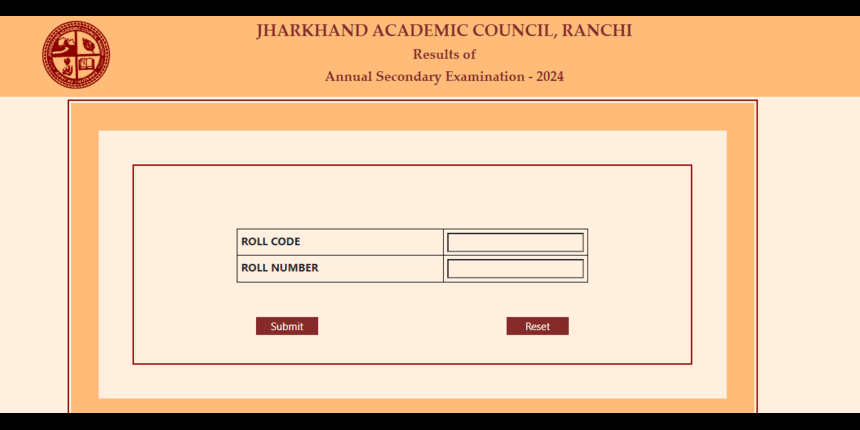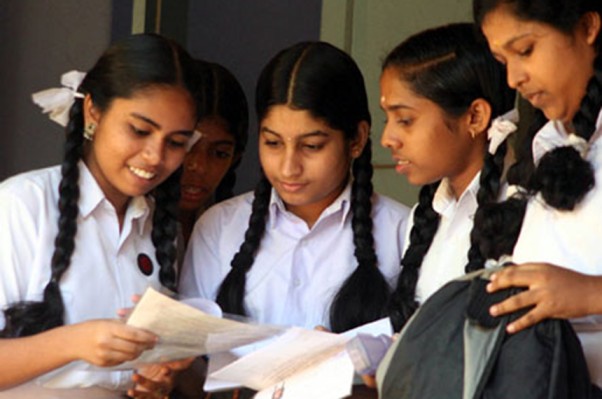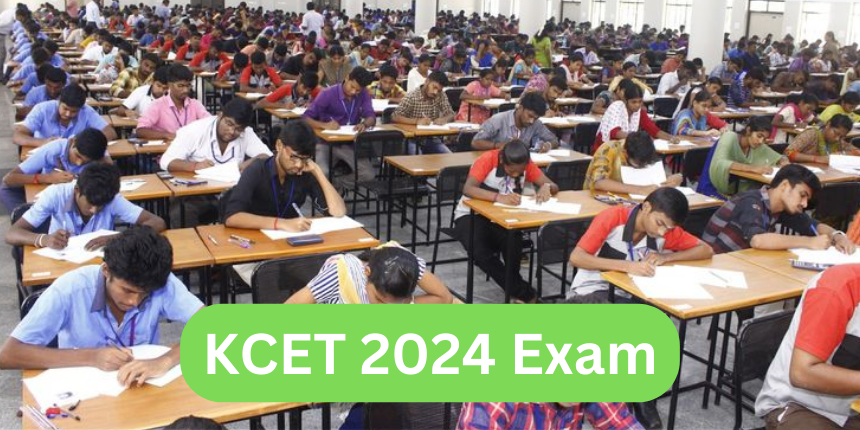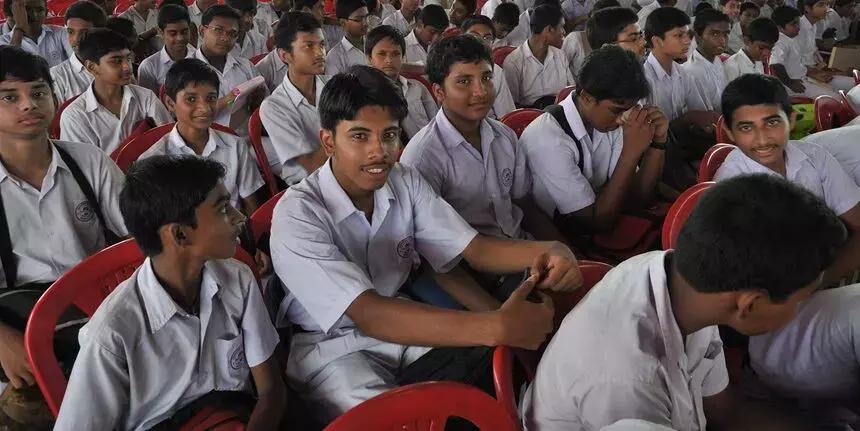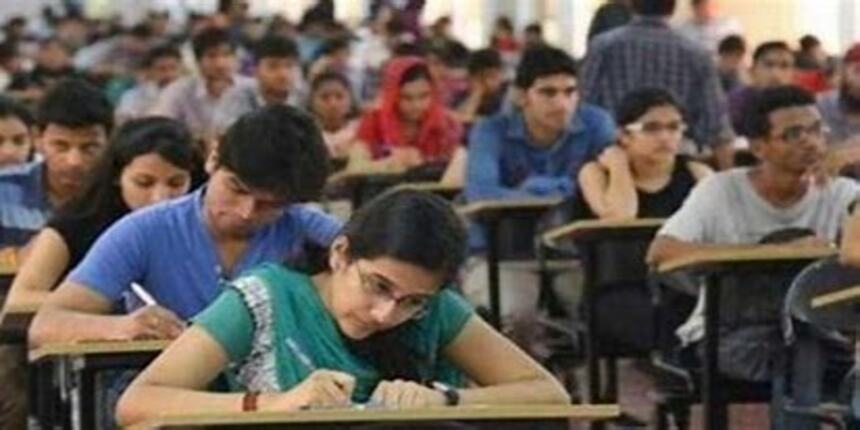IIT Delhi, Dev Sanskriti Vishwavidyalaya find Yoga, Ayurveda effective in treating high-risk Covid-19 cases
COVID-19 patients were given prescribed Aruyvedic medicines and personalized therapeutic yoga programme through video conferencing.
Know all about JEE Advanced
Candidates can get access to all the details about JEE Advanced including eligibility, syllabus, exam pattern, sample papers, cutoff, counselling, seat allotment etc.
Download Now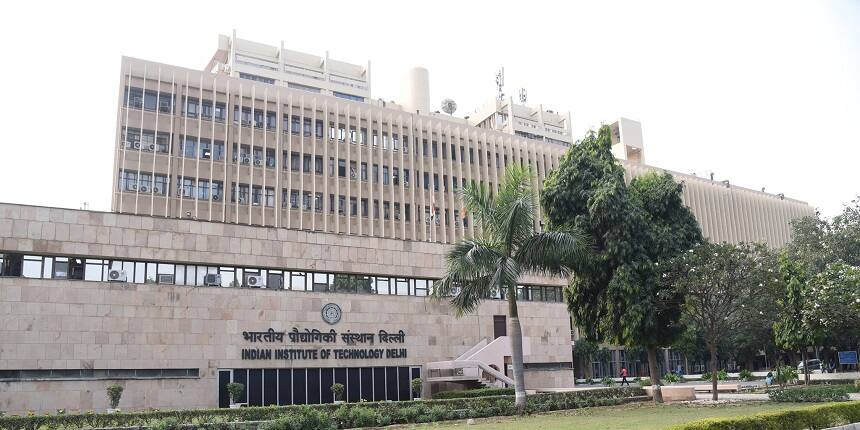 IIT Delhi (Source: Official)
IIT Delhi (Source: Official)Vagisha Kaushik | September 13, 2022 | 03:55 PM IST
NEW DELHI: A research study from the Indian Institute of Technology (IIT) Delhi and Dev Sanskriti Vishwavidyalaya, Haridwar has suggested that Yoga and Ayurveda maybe effective in the treatment of high-risk cases of COVID-19, after successful treatment of 30 high-risk COVID-19 patients.
Besides the standard care treatment as per guidelines, the patients were prescribed Ayurvedic medicines through telemedicine, and administered a personalized therapeutic Yoga programme using video conferencing. Almost all the patients were classified as high-risk owing to one or more of co-morbidities such as Diabetes Mellitus, Hypertension, Chronic Kidney Disease, Coronary Artery Disease (which are known to lead to severe outcomes in cases of COVID-19), and/or age above 60, as per an official statement from IIT Delhi.
Also Read | IIT Mandi develops efficient method to study internal structure, functions of components of living cells
The treatment given to the patients was personalized (in accordance with the classical texts) and took account of each patient’s medical history and the symptoms presented, which made it more effective as compared to a fixed standardized treatment plan.
The treatment included Ayurvedic medicines, daily Yoga-sessions including deep relaxation techniques, pranayama and basic asanas and some lifestyle modifications. Based on the administered treatment, the cases were categorized into YAS (Yoga-Ayurveda based treatment, with possibly allopathic Supplements: 4 patients), YASP (Yoga-Ayurveda based treatment, with possibly allopathic Supplements and Paracetamol: 6 patients), YAM (Yoga-Ayurveda based treatment, and Modern Western Medicine (MWM), i.e., allopathy as adjunct: 6 patients), MYA (first tried MWM, later switched to Yoga-Ayurveda: 14 patients).
Covid-19 Recovery
Most of the patients presented with many symptoms prior to the Yoga and Ayurveda treatment, were followed-up telephonically regularly until recovery. More than half of symptomatic patients started improving within 5 days (90% within 9 days); more than 60% reported at least 90% recovery within 10 days. Six patients with oxygen saturation (SpO2) below 95%, benefited through Makarasana and Shithilasana; none progressed to composite endpoints (consisting of admission to Intensive Care Unit, invasive ventilation or death). Considering that approximately 19.3% of the patients with these comorbidities progress to composite end points, the p-value was found to be 7.21 x 10−3.
“Most patients reported that the therapy had a profound impact on their recovery process, with many experiencing improvements with respect to their comorbidities too. By the end of the treatment, several patients had decided to adopt Yoga in their lifestyle, and several turned to the Ayurveda doctors in the team for management/treatment of their comorbidities”, said Sonika Thakral who coordinated with the patients for routine follow-up.
Also Read | IIT Bombay launches e-Yantra Innovation Challenge with Rs 1 crore startup seed funding at stake
“On the whole, the belief of the patients in the efficacy of these traditional systems of medicine was extremely enhanced," said Dr. Alka Mishra who administered Ayurveda treatment to some patients. “We are observing an increasing trend towards ancient systems of medicine”, said Dr Yogesh Kumar who also administered Ayurveda treatment to some patients.
“The said interventions are believed to have collectively accelerated the recovery process by checking anxiety, instilling peace of mind and enhancing the overall well-being of the patients,” said Dr Sumitra A Bentur, private practitioner, who designed the Yoga intervention and conducted Yoga sessions for some of the patients.
“The study also demonstrates an urgent need to scientifically examine the Traditional Indian Knowledge systems at the top academic institutions. A timely and suitably designed randomized controlled trial evaluating the efficacy of Ayurveda and Yoga based personalized integrative treatment for COVID-19 would have equipped the people with much more credible and dependable information about their use in managing COVID-19” said Professor Rahul Garg, IIT Delhi who conceptualized the project.
Follow us for the latest education news on colleges and universities, admission, courses, exams, research, education policies, study abroad and more..
To get in touch, write to us at news@careers360.com.
